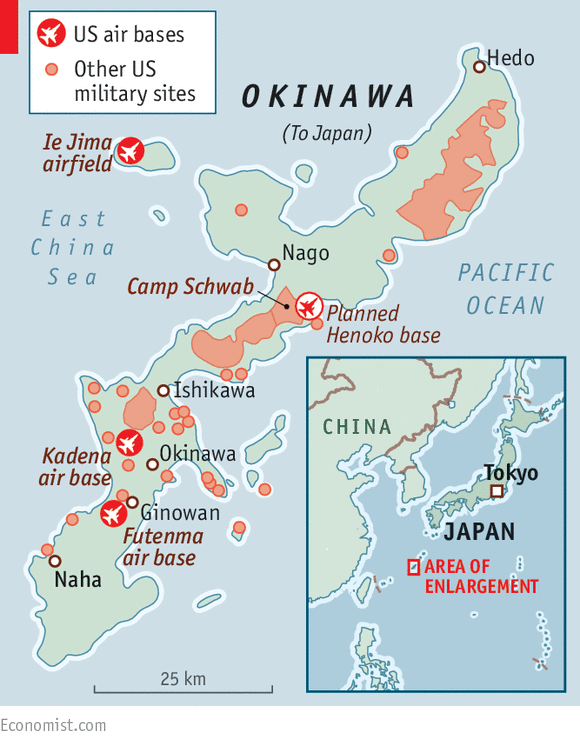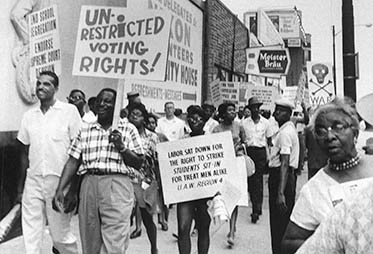The China Factor in US-Cuba Thaw
American and Cuban enmity is a holdover from the Cold War; during that time, a post-revolutionary Cuba was a thorn in the side of the USA, in its very own backyard no less, and its rival, the Soviet Union, would go to all extents to exploit this potentially lethal strategic point to the fullest, which ultimately culminated in the Cuban Missile Crisis. The U.S. has slapped Cuba with 50-plus-year protracted economic blockades and embargoes, which have brought massive hardship and suffering to the tiny, feeble nation. From 1982 on, Cuba has been on the blacklist as a “state sponsor of terrorism.”
Cuba Welcomes the Permanent Stationing of the People’s Liberation Army (PLA)
Due to the obvious power mismatch, the antagonisms of the two countries appear to the outside world as America using its size to bully smaller nations. The U.S. doesn’t pick on people its own size. For this very reason, Cuba has won the sympathy of a whole host of nations; the recent repeated appeals of the United Nations, the Vatican, Spain and many nations on the American continent for the U.S. to lift its sanctions against the country are a perfect case in point. In actuality, American sanctions on Cuba have, to a certain extent, caused the U.S. to lose points with the international community.
After Obama took office, he wanted to make peace and diplomatic reconciliation his contribution to posterity. To this end, he pushed for the withdrawal of troops from Iraq and Afghanistan and endeavored to reach the Iran nuclear deal, as well as capping off his official agenda by building ties with Cuba. But a river of ice three feet thick doesn’t form in a day, as it were, as the disparities between the U.S. and Cuban social systems and ideologies, as well as long years of separation, make the degree of difficulty in resolving these schisms extremely high. Just as the two were in the middle of endless squabbling, it was suddenly broadcast that Cuba was welcoming the PLA to set up camp permanently there; so now, the U.S. has no choice but to expedite the U.S.-Cuban thaw. For a long time now, China has been extremely dissatisfied with America’s naval and air reconnaissance: Although China repeatedly protests whenever both militaries do communicate, the U.S. just turns a deaf ear, even going so far as to mockingly welcome China to conduct close reconnaissance missions on American soil. The U.S. knows all too well that with the current state of Chinese naval power, compounded by the fact that China has no bases in the American sphere, conducting close reconnaissance on American soil is a fundamental impossibility.
However, if China and Cuba do reach a naval pact, and Cuba allows the Chinese navy to be stationed permanently in the country, then China can actually give the U.S. a taste of its own medicine, namely to occasionally send its military to American soil to do reconnaissance. Although this would not constitute any substantial threat to the country, it could exhaust the U.S. Defense Department by making it run around like a chicken with its head cut off, which is not at all what the U.S. would like to see happen. To this end, in negotiating the restoration of its ties, the U.S. has specifically demanded that Cuba rescind its agreement to let the People’s Liberation Army establish a permanent presence in Cuba, and only upon getting agreement from the Cuban leadership on this could U.S.-Cuban relations take a major step forward.
In a sense, China, a country roughly 11,100 kilometers away, became the catalyst behind the U.S.-Cuban thaw. If it were not for the Chinese-Cuban military pact having been one step from finalization, U.S.-Cuban relations would perhaps now be mired in negotiation quicksand. As a tiny nation as small as a pellet, if it wants to play in the big boys' league with major superpowers, it must draw aid and support from powerful foreign nations, which is something at which Cuba has always excelled.



China had ZERO influence on President Obama’s opening toward Cuba 🙂